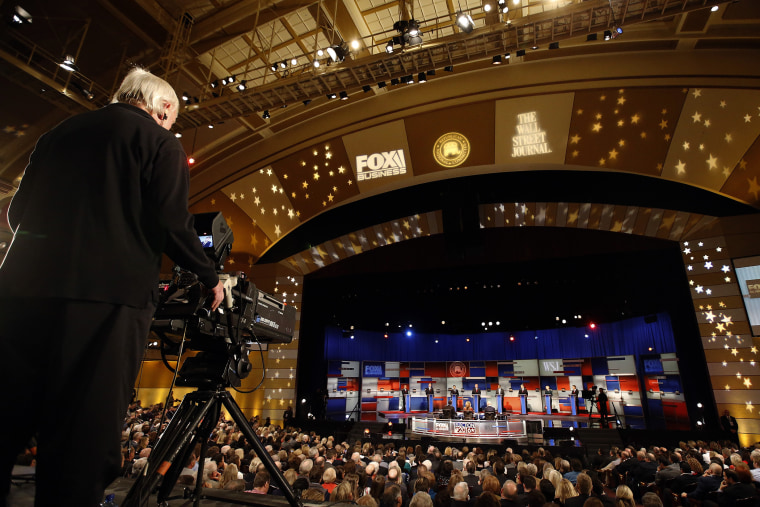Election year is finally upon us.
With debates over policy issues like immigration, personal issues like which candidate is "low energy," and fundamental arguments about who is or isn't qualified to be commander-in-chief, the nuts and bolts of how a candidate is chosen can get lost in all the noise.
But here are the critical dates to guide you through this chaotic nominating contest.
Feb. 1: The Iowa caucuses
The Iowa caucuses are the first nominating contest in the nation. The momentum the winner receives that comes in the form of positive news stories, an infusion of cash from donors and sometimes additional endorsements is worth more than the handful of delegates needed to win the nomination.
Feb. 9: The New Hampshire primary
This is the first primary of the season (Iowa holds caucuses) and the culmination of hundreds of campaign events by candidates in the months prior. In the Republican field, more candidates are competing for a win in New Hampshire than in Iowa and the outcome could help to winnow the field.
March 1: Super Tuesday
It's also called Super Tuesday because 11 states (12 for the GOP) hold their nominating contests that day. It's also called the SEC primary because seven of the 11 states are in the South.
With so many states voting, the stakes are high. In a three-person Democratic field, a clear winner could emerge. Even if a winner isn't clear after these states vote on the Republican side, the field is very likely to become smaller as candidates could start dropping out.
March 15: Super Tuesday, Part 2
Only five states hold their contests on this day but it's significant because of the number of delegates are at stake. Not only are the states large - Illinois, Ohio and Florida - and reward a lot of delegates but this is the first time in the primary that the winner is able to collect all the delegates from the state. States voting before March 15 have to reward their delegates proportionally so theoretically every candidate can win delegates in one state.
July 18-21: The Republican National Convention in Cleveland
Conventions of late are just pomp and circumstance because a nominee is usually chosen during the primary process. But if no candidate is able to win a majority of delegates - 1236 - then the delegates attending the convention will chose the nominee (and vice presidential nominee.)
July 25-28: The Democratic National Convention
After the Democratic nominee is made official at the convention, the general election campaign will have officially begun. Different campaign finance rules go into effect and the Republican and Democratic will directly square off for the final three months of the presidential nominating process.
Nov. 8: Election Day
